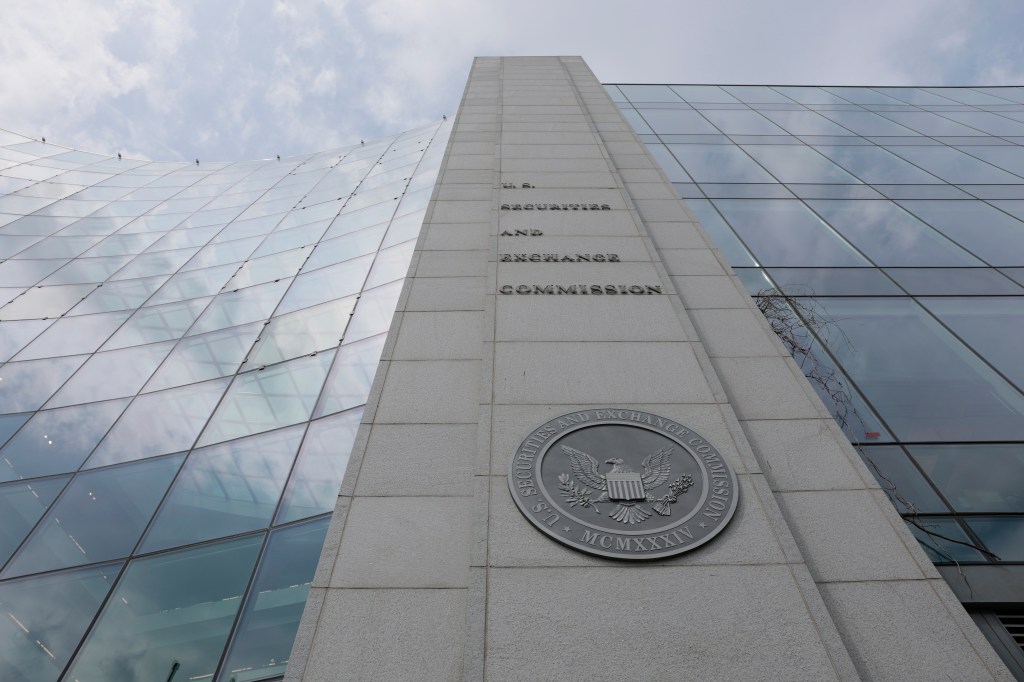Stantec Inc, a Canadian engineering and environmental consulting firm, has agreed to pay $4m to settle allegations that it violated the False Claims Act by submitting false certifications in applications for US Environmental Protection Agency (EPA) Brownfields Assessment Grants.
According to the US Department of Justice, between 2014 and 2022,
“The EPA’s
Register for free to keep reading
To continue reading this article and unlock full access to GRIP, register now. You’ll enjoy free access to all content until our subscription service launches in early 2026.
- Unlimited access to industry insights
- Stay on top of key rules and regulatory changes with our Rules Navigator
- Ad-free experience with no distractions
- Regular podcasts from trusted external experts
- Fresh compliance and regulatory content every day













